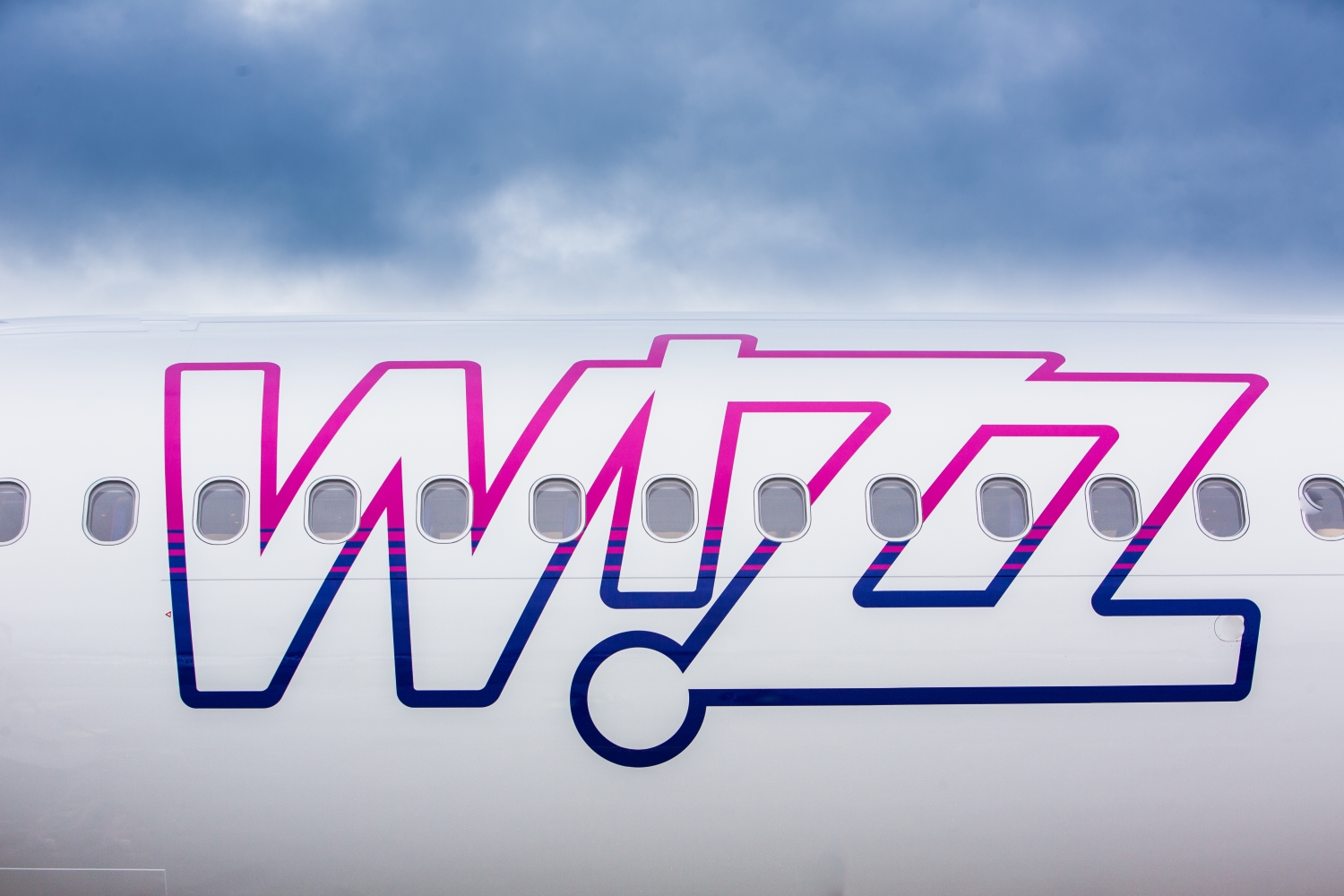
Wizz Air plans to restore its full flight schedule to Israel by early September, accelerating its return to a key market as it aims to become the country’s largest inbound European carrier.
The move follows a temporary suspension of flights to Tel Aviv in June amid the Israel–Iran war. However, with conditions now stabilizing and regulatory restrictions lifted, the Budapest-based airline intends to resume services from Aug. 8, restoring full capacity levels by mid-September.
Asked about other European carriers delaying their return—including easyJet, which does not plan to restart Israel operations until March 2026—Wizz CEO József Váradi said: “We are just at a totally different scale versus any of those guys. The stake for us is very different compared to them”.
Speaking on Wizz’s first-quarter earnings call, Váradi said the airline has conducted a rigorous assessment of the safety and security conditions in Israel: “The fact of the matter is that Israel has been operating airports very safely, even throughout the war. Nothing has happened”, he added. “From a safety and security perspective, we feel confident and comfortable with the decision we have taken”.
Váradi also pointed to the European Union Aviation Safety Agency (EASA) downgrading its classification of Israeli airspace: “Israel became as benign as operating inside Europe from a regulatory perspective”, he said, while acknowledging that the situation may still evolve. “Is this totally free going forward? Probably not… but I think it has reached kind of a different level now, in terms of calm, in terms of opportunity for peace”.
Initial restored routes will connect Tel Aviv with Wizz’s major bases, including Budapest, London Luton, Milan Malpensa, Vienna, Bucharest, Sofia and Larnaca. Prior to the suspension of flights in June, Wizz offered 15 routes to Tel Aviv, providing about 47,200 weekly seats to and from the Israeli city, according to OAG Schedules Analyser data.
Despite classifying Israel as a “hot and harsh” environment—regions where extreme heat, dust and operational conditions accelerate engine wear and inflate maintenance costs— Váradi said the airline sees Israel as a high-value and strategically important market.

